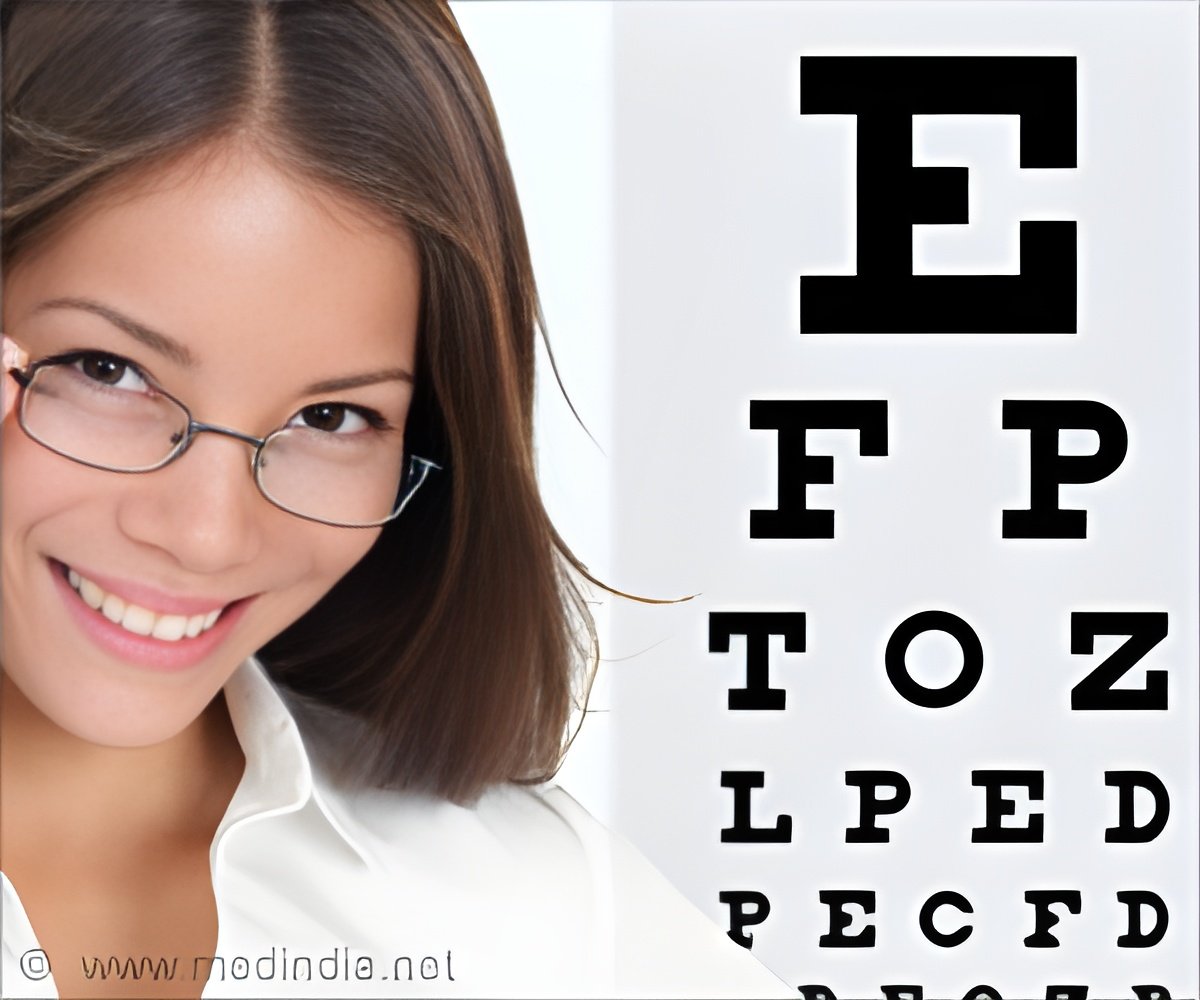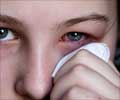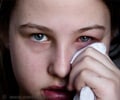Researchers have analyzed popular eye vitamin products to determine whether their claims are consistent with scientific findings with the increased obsession with nutrition supplements.

To test whether the products are consistent with the studies' findings, researchers compared the ingredients in top-selling brands to the exact formulas proven effective by AREDS and AREDS2. The researchers, based at Yale-New Haven Hospital-Waterbury Hospital, Penn State College of Medicine, Providence VA Medical Center and Warren Alpert Medical School of Brown University, identified the five top-selling brands based on market research collected from June 2011 to June 2012, and analyzed the brands' 11 products.
They found that, while all of the products studied contained the ingredients from the AREDS or AREDS2 formulas:
- Only four of the products had equivalent doses of AREDS or AREDS2 ingredients
- Another four of the products contained lower doses of all the AREDS or AREDS2 ingredients
- Four of the products also included additional vitamins, minerals and herbal extracts that are not part of the AREDS or AREDS2 formulas
"With so many vitamins out there claiming to support eye health, it's very easy for patients to be misled into buying supplements that may not bring about the desired results," said first author Jennifer J. Yong, M.D. "Our findings underscore the importance of ophthalmologists educating patients that they should only take the proven combination of nutrients and doses for AMD according to guidelines established by AREDS and AREDS2. It's also crucial that physicians remind patients that, at this time, vitamins have yet to be proven clinically effective in preventing the onset of eye diseases such as cataracts and AMD."
The American Academy of Ophthalmology recommends ophthalmologists consider antioxidant vitamin and mineral supplementation, per the AREDS and AREDS2 trials, for patients with intermediate or advanced AMD. It also maintains that, based on the six-year timeframe of the AREDS trial, there is no evidence to support the use of these supplements for patients who have less than intermediate AMD.
Dietary supplements are neither evaluated nor regulated for efficacy or safety under the Dietary Supplement Health and Education Act (DSHEA) of 1994. In addition, FDA approval is not required for dietary supplements to be marketed.
Advertisement
- Long-term Effects of Therapy with Ranibizumab on Diabetic Retinopathy Severity and Baseline Risk Factors for Worsening Retinopathy: This exploratory analysis found that when intravitreal ranibizumab is administered for up to 3 years, it can both improve severity of diabetic retinopathy and prevent its worsening. It also found that prolonged delays in initiation may limit the therapeutic effect and that, although uncommon, development of proliferative diabetic retinopathy still occurs in some eyes undergoing anti-VEGF therapy. This effect may be related to the presence of macular nonperfusion
- Genetic Testing in Persons with Age-Related Macular Degeneration and the Use of the AREDS Supplements: To Test Or Not to Test?: The controversy surrounding the use of genetic testing to guide the treatment of persons with AMD continues. This report provides the context of genetic testing for patients with AMD and reasons why it is not recommended
Source-Eurekalert















